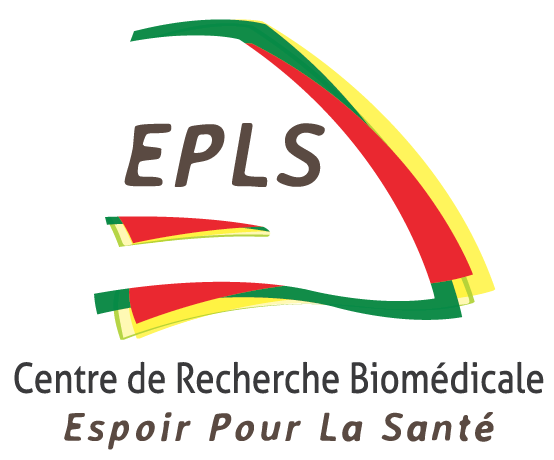Immunological consequences of intermittent preventive treatment against malaria in Senegalese preschool children
Boulanger D, Sarr JB, Fillol F, Sokhna C, Cisse B, Schacht AM, Trape JF, Riveau G, Simondon F, Greenwood B, Remoué F
Malaria Journal, 2010, 17;9:363 (PMID : 21167018)
BACKGROUND: Intermittent preventive treatment in children (IPTc) is a promising strategy to control malaria morbidity. A significant concern is whether IPTc increases children's susceptibility to subsequent malaria infection by altering their anti-Plasmodium acquired immunity. METHODS: To investigate this concern, IgG antibody (Ab) responses to Plasmodium falciparum schizont extract were measured in Senegalese children (6 months-5 years old) who had received three rounds of IPTc with artesunate + sulphadoxine-pyrimethamine (or placebo) at monthly intervals eight months earlier. Potential confounding factors, such as asexual malaria parasitaemia and nutritional status were also evaluated. RESULTS: Firstly, a bivariate analysis showed that children who had received IPTc had lower anti-Plasmodium IgG Ab levels than the non-treated controls. When epidemiological parameters were incorporated into a multivariate regression, gender, nutritional status and haemoglobin concentration did not have any significant influence. In contrast, parasitaemia, past malaria morbidity and increasing age were strongly associated with a higher specific IgG response. CONCLUSIONS: The intensity of the contacts with P. falciparum seems to represent the main factor influencing anti-schizont IgG responses. Previous IPTc does not seem to interfere with this parasite-dependent acquired humoral response eight months after the last drug administration.

